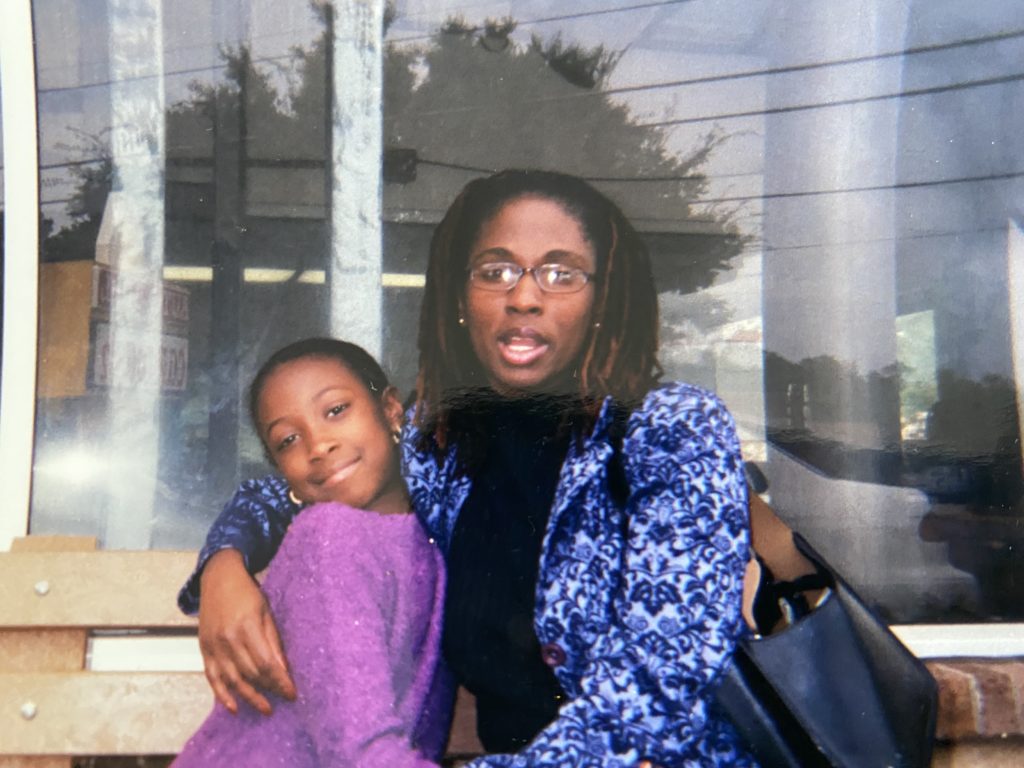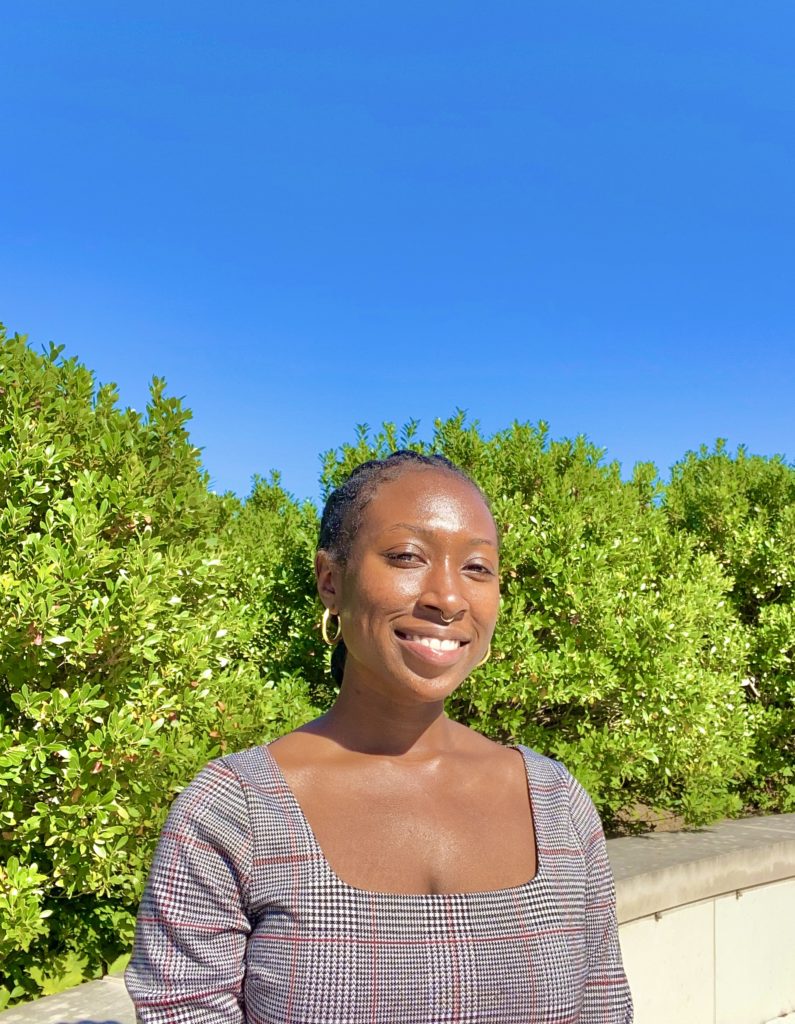This blog is part of a series to recognize and celebrate Black History Month.
I became an entrepreneur at the age of 12 when I realized no matter where I went after church, there was never going to be dessert. Sunday after Sunday, my aunties would prepare spreads of chicken, yeast rolls, and sides. But at the end of our meal, they would always complain about how they forgot about dessert. As soon as I saw the table, I prepared for the disappointment, until one Saturday visit to the supermarket led me to buy two boxes of cake mix – one for the chocolate lovers, and one for me.
The next Sunday, we had chicken, yeast rolls, sides, and two different chocolate cakes! I was so proud until a lady from the church came over and realized she had forgotten her dessert – yet another Sunday. My auntie offered to give her one of mine, but before the transfer was complete, I interjected and let her know there would be a price. “How much,” she asked, and I gave her the first amount that came to my mind. “$20,” I told her, and the next thing I knew, she was reaching in her purse.

“Twenty dollars!” I thought. The cake mix and icing cost less than 5, and here I was making enough money to get another $20 from her the next week. For two years, that was my summer hustle. My cousin Khadija and I would make cakes all Saturday, and on Sunday we were greased up and grinning, preparing for sales.
By the time I was in high school, I had found at least two additional ways to make residual income. I worked at McDonald’s because I loved the steady check, but nothing compared to making a sale that was the size of my check in a matter of hours. By the time I was 16, I had begun to sweep salons, braid hair, do whatever created extra income. My mom made it clear that I could only have what I worked, so I hustled for my iPhones, clothes at the mall, and movie nights with my friends.
Once I was a senior in high school, it was clear to me that I was going to do cosmetology. Whenever anyone asked, I told them I was going to Durham Beauty Academy – because I was. All my aunts were hairdressers, I could do braids and weaves better than most salons, and it was fast money. My hustle paid for my entire life – but no one in my family supported that decision.
“You’re too smart,” my aunts would say. Here I was, sitting at a 4.3 GPA wanting to go to hair school. My mother made it clear, my career was my choice, but after a while, I began to believe that my decision was selfish. My mother had missed due dates on bills so I could be here – college was my path and I needed to follow through.
I eventually made a deal with my grandmother at Five Guys, as she cried over my decision, mid-burger bite and all. I would go to school for accounting, but only so I could come home and do my own books. Cosmetology was still going to happen, but I would appease her request and save me the cost of an accountant down the line.
Once I was a student at North Carolina A&T State University, I kept making money, but cosmetology began to separate from my reach. I was still doing locs and weaves in my dorm, but I was finding more joy in my econ homework and found conflict in spending time doing hair. I was learning so much so fast, that my vision for my life began to change.

While interning with GE Capital, I was invited to WashU through a program called Target H.O.P.E. It was only for students from Chicago, but because I was in Chicago for the summer, I applied anyway and was on a plane to St. Louis shortly after. I remember the campus feeling like a scene from Harry Potter, and even though I knew nothing about St. Louis, WashU just felt like the place where I could figure out my life. I thought that meant more econ, but no one could stop raving about the tour the Brown School gave. For me, there was no interest in social work, but I met Dr. Sheretta Butler-Barnes and realized that as a Black woman in academia, I had the potential to change the world.
Six years later, Dr. Butler-Barnes is on my dissertation committee, and the dissertation I’m preparing is the R&D for my startup. To no surprise to my family, I eventually decided to study nutrition, because the foods I ate every Sunday, eventually became the reason I had so many chronic diseases at twenty-one. Through changing my aunties’ recipes, I’ve created a science I want to share with others. But when I say others, I see no limitations. If a girl in India can get my recipes, I want her to have them – and if she’s in St. Louis, I want her to have them too. My desire for scalability is what I use to define myself as an entrepreneur.
Although my experience as a defined entrepreneur is just beginning, I feel fully equipped to launch and scale while being a full-time Ph.D. student. And not because of the WashU community of scientific discovery alone, but because of the greater St. Louis environment of entrepreneurship. After participating in ITEN Ideation, the Venture Cafe EdHub Fellowship, Skandalaris Venture Competitions, and the Pivot 314 Fellowship, I’ve met mentors who have helped me see my vision through.
After graduating from high school, I knew nothing about business, but after finding mentors in St. Louis, I know everything about building one. I’ve found myself and my purpose through this discovery of entrepreneurship, and in education, I’ve found a career that generates billions of dollars in impact.
Najjuwah Walden is the founder of Vulvopedia, a web-based patient education tool that teaches women how to adopt diets that prevent BV. Vulvopedia was a finalist in the fall 2021 Skandalaris Venture Competition.
Learn more about Najuwah in this article, Working toward restorative justice.

